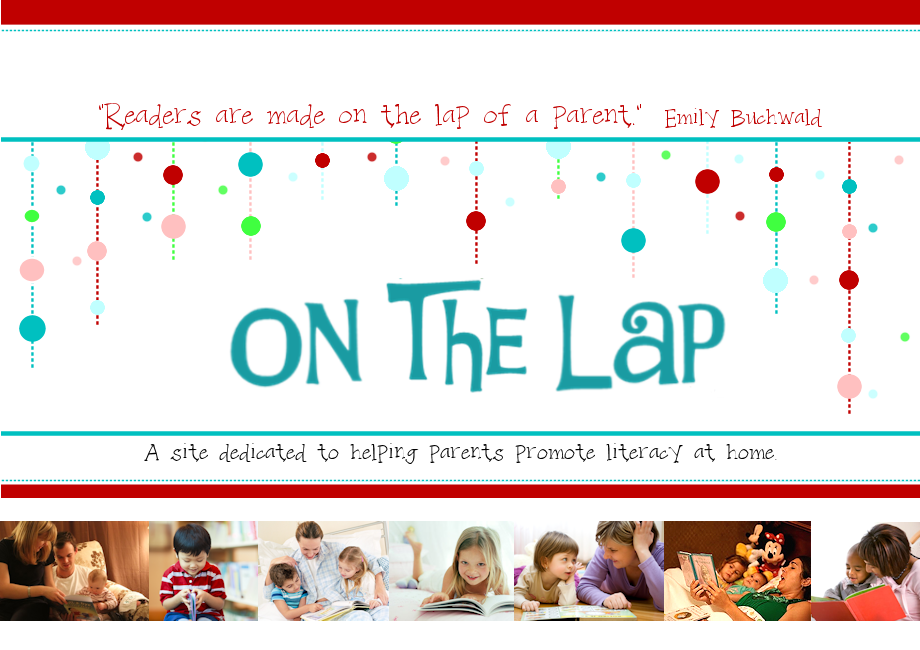I want you to be able to take advantage of my own studies and I recently read an article from a professional journal that I thought would interest many of you. In Reading Research Quarterly there is an article from 1999 called "What's in a name? Children's name writing and literacy acquisition" by Janet W. Bloodgood from Appalachian State University in North Carolina. Granted this article is 10 years old but the concepts are very real and have been applied for as long as humans have been reading and writing. There were so many wonderful points in this article I want to share so bear with me...it was a 25 page article.
Purpose: The purpose of this article was to show that the written name may serve as a tool to construct literacy. Name writing is a "social accomplishment" that establishes our literacy identity. That's huge! We don't really think about teaching a child to write his or her name in that aspect but it's true. Teaching a child to write his or her name demonstrates their level of motor control (form), mental development (perception of literacy) and their understanding of literacy (function). The author wanted to know if there are consistent patterns of development across the areas of literacy growth.(ex. if they are better at writing, are they better at reading) and to discover what children make of literacy knowledge garnered by their name (does learning to read and write their names teach them anything about reading and writing?).
Interesting Facts to Consider: Read the following statements and think about how these apply to the children in your life. Children gradually discriminate between drawing and writing, not only in form but in function. (the picture represents the object while the writing names it). As they come to understand that written symbols stand for spoken words, that they represent the concrete action or item. Knowledge of alphabet letters and some sounds provide important tools for reading as well as words they may already know. Children can read their names before the can write them in a recognizable form.
What and Why?: Children's knowledge of their names plays a significant role in their early writing development before they are aware of letter sounds. Giving your child opportunities to write helps them practice what they know about literacy. Doing so helps children expand their alphabetic knowledge and apply it. Parents tend to provide their child with knowledge of their name in written form and the children take great pride in ownership of their name. Names serve an ongoing role, helping children make connections to letters, sounds, words, and reading/writing concepts. Name provides a solid connection for children as they learn about many aspects of literacy.
What and Why?: Children's knowledge of their names plays a significant role in their early writing development before they are aware of letter sounds. Giving your child opportunities to write helps them practice what they know about literacy. Doing so helps children expand their alphabetic knowledge and apply it. Parents tend to provide their child with knowledge of their name in written form and the children take great pride in ownership of their name. Names serve an ongoing role, helping children make connections to letters, sounds, words, and reading/writing concepts. Name provides a solid connection for children as they learn about many aspects of literacy.


1 comment:
I have noticed this with our almost 4-yr old. He can recognize his name, but is learning to write it. He can point and identify certain letters...Very interesting topic!
Thanks for sharing!
(My hubby is also finishing up his Masters, and he had all kinds of fascinating articles to read. Best of luck!)
Post a Comment